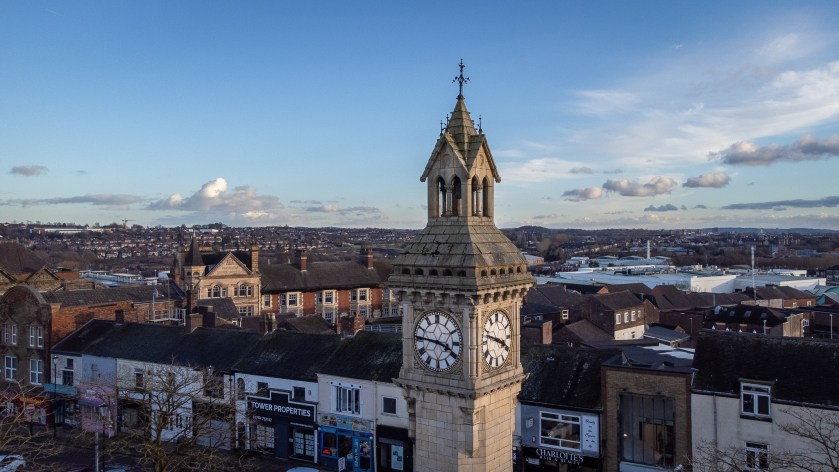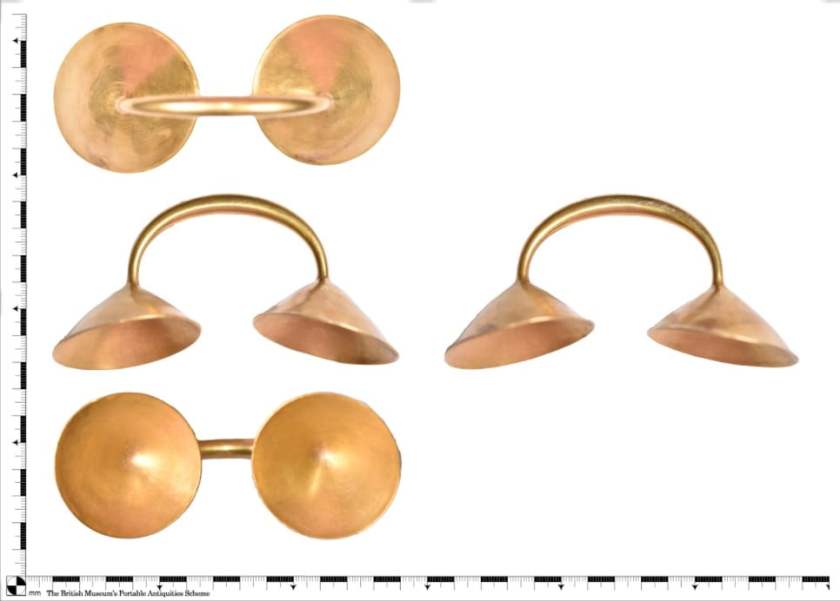
Stoke-on-Trent City Council has repaired Tunstall’s historic clock tower, and its chimes ring again.
The Grade II listed Clock Tower in Tower Square was erected in 1893. Its chimes, which fell silent in November 2024, are working again. The clock tower was built to honour local philanthropist Sir Smith Child. It features a life-size bust of him that was paid for by the Ladies of Tunstall.
The project that restored the chimes is part of a major improvement scheme aimed at regenerating Tunstall.
Councillor Finlay Gordon-McCusker, the cabinet member for regeneration, infrastructure and transport at Stoke-on-Trent City Council, said:
The Clock Tower is an essential part of Tunstall’s story and a visible reminder of the civic pride that built the town. When a landmark like this falls silent, something important is lost. Restoring the chimes is a statement of intent: that Tunstall’s heritage matters, and that we will look after what previous generations built.

